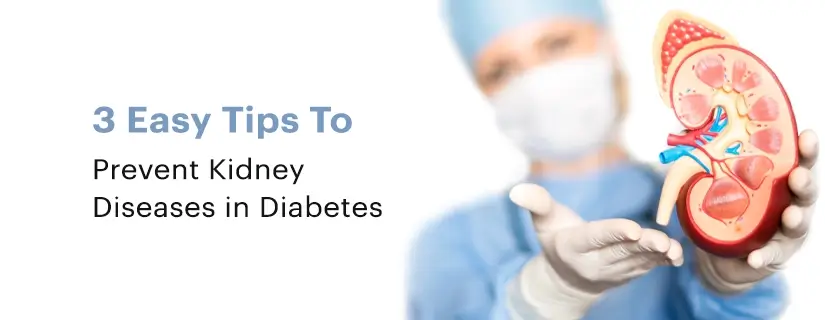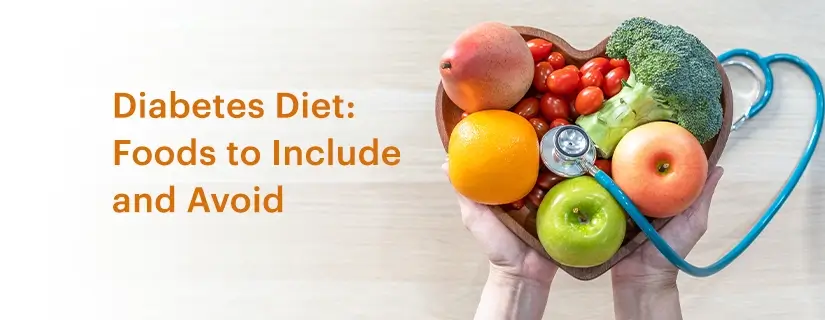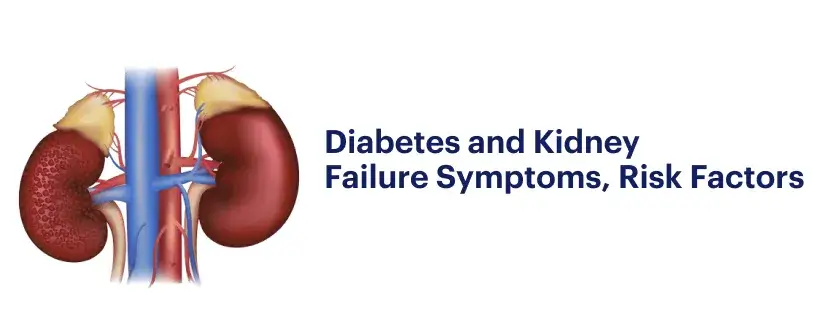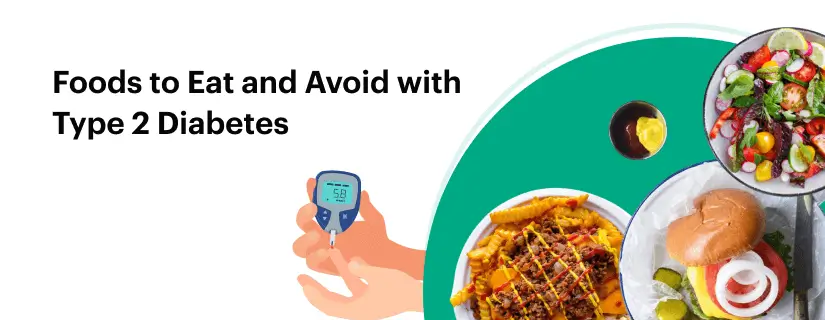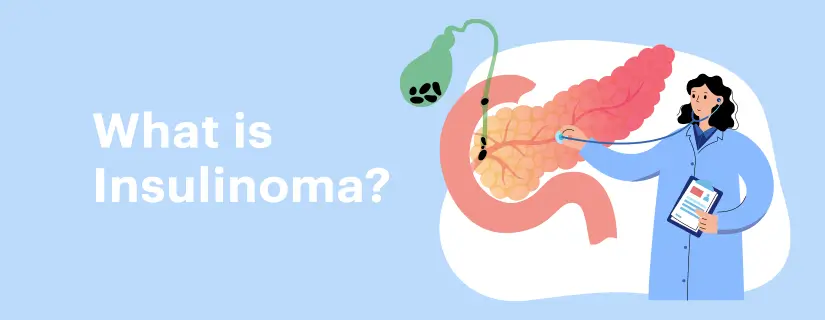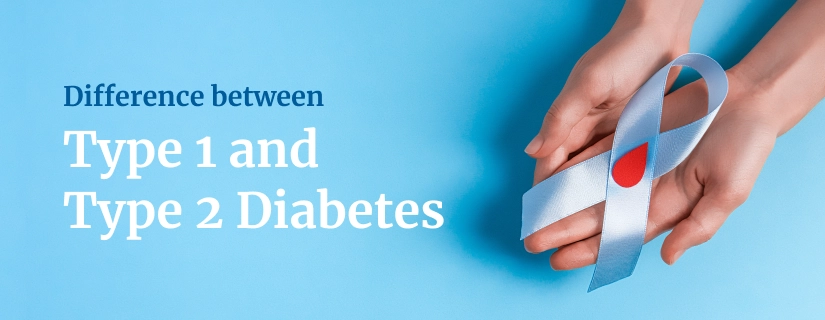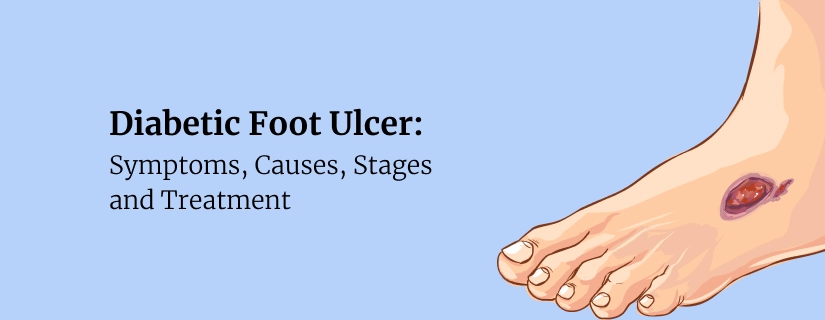-
Doctors
-
Specialities & Treatments
Centre of Excellence
Specialties
Treatments and Procedures
Hospitals & Directions HyderabadCARE Hospitals, Banjara Hills CARE Outpatient Centre, Banjara Hills CARE Hospitals, HITEC City CARE Hospitals, Nampally Gurunanak CARE Hospitals, Musheerabad CARE Hospitals Outpatient Centre, HITEC City CARE Hospitals, Malakpet
HyderabadCARE Hospitals, Banjara Hills CARE Outpatient Centre, Banjara Hills CARE Hospitals, HITEC City CARE Hospitals, Nampally Gurunanak CARE Hospitals, Musheerabad CARE Hospitals Outpatient Centre, HITEC City CARE Hospitals, Malakpet Raipur
Raipur
 Bhubaneswar
Bhubaneswar Visakhapatnam
Visakhapatnam
 Nagpur
Nagpur
 Indore
Indore
 Chh. Sambhajinagar
Chh. SambhajinagarClinics & Medical Centers
Book an AppointmentContact Us
Online Lab Reports
Book an Appointment
Consult Super-Specialist Doctors at CARE Hospitals
Foods to Gain Weight
Updated on 19 July 2023
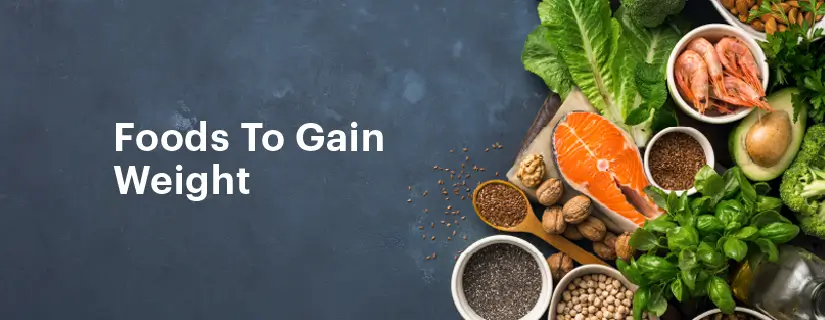
While you would mostly observe people trying to lose weight, there is also a section of the population that has an extremely active metabolism and seldom puts on weight. Maintaining a healthy body weight is a common concern, but it's important to recognize that some individuals struggle to gain weight. For those aiming to build muscle mass or overcome a naturally lean frame, consuming a balanced diet with the right foods becomes crucial. In this article, we will explore some nutritious and calorie-dense foods to gain weight.
Diet Plan for Weight Gain
The following are the best healthy foods to gain weight
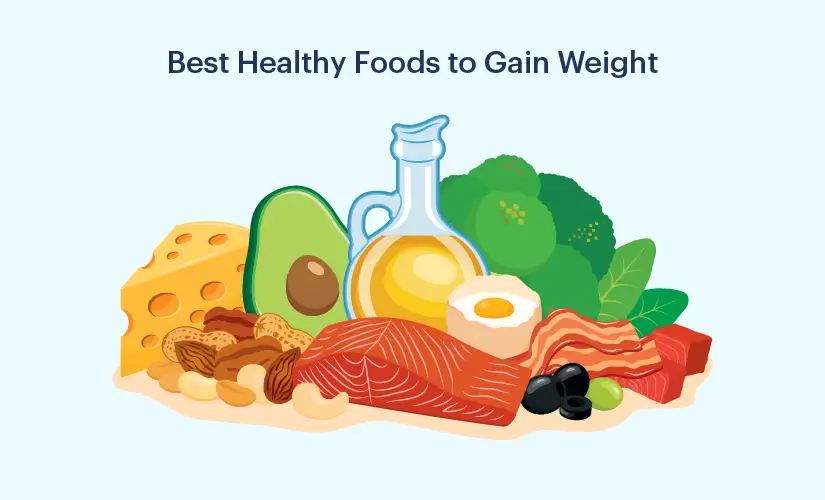
1. High-Calorie Foods For Weight Gain
High-calorie foods can be valuable allies for those seeking to gain weight in a healthy manner. Nutrient-dense options such as nuts, avocados, and whole milk provide ample calories while delivering essential vitamins and minerals. Incorporating healthy oils, fatty fish, and eggs can also contribute to weight gain while supplying beneficial fats.
Whole-grain bread, quinoa, and legumes offer carbohydrates and fiber, while dried fruits and lean meats provide additional calories and nutrients. By including these high-calorie foods in your diet, you can fuel your body effectively and work towards achieving your weight gain goals.
2. High Protein Foods For Weight Gain
High-protein foods play a crucial role in weight gain by promoting muscle growth and repair. Incorporating protein-rich options into your diet can support your efforts. Lean meats like chicken, turkey, and beef are excellent sources of high-quality protein. Additionally, eggs, Greek yogurt, cottage cheese, and tofu are rich in protein and can be easily included in meals.
Legumes such as lentils, chickpeas, and beans are not only high in protein but also offer dietary fiber. Adding protein-rich foods like salmon, tuna, and whey protein powder can further boost your intake. By including these high-protein foods in your diet, you can nourish your body, build muscle mass, and achieve your weight gain goals effectively.
3. Dairy Foods
Dairy foods provide a wide range of nutrients that are essential for overall health. Rich in calcium, they contribute to strong bones and teeth. Milk, cheese, and yogurt are excellent sources of protein, offering amino acids necessary for muscle growth and repair. These dairy products also contain vitamins such as vitamin D, which aids in calcium absorption.
Additionally, dairy foods provide important minerals like potassium and phosphorus. Some individuals may opt for low-fat or non-fat dairy options to manage their calorie intake, while others may prefer full-fat varieties for added flavor and satiety. However, it's important to consider individual dietary needs and preferences when incorporating dairy foods into one's diet.
4. Healthy Fats Foods
Healthy fats play a vital role in our diet and are essential for overall well-being. Foods rich in healthy fats include avocados, nuts, and seeds, which provide monounsaturated fats that can help lower bad cholesterol levels and reduce the risk of heart disease. Olive oil, coconut oil, and flaxseed oil are excellent sources of healthy fats that can be used in cooking or as dressings.
Fatty fish like salmon, mackerel, and sardines offer omega-3 fatty acids, which have anti-inflammatory properties and support brain health. Additionally, natural nut butter and tahini are nutritious options that contain healthy fats. Incorporating these foods into your diet can help maintain healthy skin, support nutrient absorption, and provide sustained energy throughout the day.
5. Nuts and Nut Butters
Almonds, cashews, peanuts, and their respective butters are calorie-dense and rich in healthy fats, proteins, and nutrients.
6. Avocados
High in healthy fats and calories, avocados are a great addition to meals or as a spread due to their versatility.
7. Whole Milk and Dairy Products
Full-fat milk, cheese, and yogurt are rich in calories, protein, calcium, and other essential nutrients.
8. Quinoa
A nutrient-dense grain that provides carbohydrates, protein, fiber, and various vitamins and minerals.
9. Healthy Oils
Olive oil, coconut oil, and other healthy oils are rich in calories and can be easily added to meals for extra calories.
10. Dried Fruits
Dates, raisins, prunes, and apricots are high in calories and nutrients like fiber, vitamins, and minerals.
11. Whole-Grain Bread and Pasta
Opt for whole-grain varieties to increase calorie intake through complex carbohydrates.
12. Lean Red Meat
Beef and pork are excellent sources of protein, iron, and zinc, aiding in muscle growth and weight gain.
13. Salmon and Fatty Fish
Rich in protein and healthy fats like omega-3 fatty acids, these fish support overall health and can boost calorie intake.
14. Sweet Potatoes
A nutritious carbohydrate source packed with vitamins, minerals, and fiber.
15. Eggs
High in protein and healthy fats, eggs are versatile and can be included in various dishes.
16. Granola and Oats
These are calorie-dense, packed with fiber, and can be consumed as breakfast or snacks to increase calorie intake.
|
Option 1 |
Option 2 |
|
|
Breakfast |
|
|
|
Lunch |
|
|
|
Dinner |
|
|
Risks of unhealthy weight gain and how to avoid them
Unhealthy weight gain can pose various risks to physical and mental well-being. Here are some potential risks and strategies to avoid unhealthy weight gain:
1. Increased Risk of Chronic Diseases:
- Risks: Unhealthy weight gain is associated with an increased risk of chronic conditions such as heart disease, type 2 diabetes, and certain cancers.
- Prevention: Adopt a balanced and nutritious diet that includes a variety of whole foods, emphasizing fruits, vegetables, lean proteins, and whole grains. Limit the intake of processed foods high in sugars and unhealthy fats.
2. Cardiovascular Issues:
- Risks: Excess weight can strain the cardiovascular system, leading to conditions like high blood pressure and elevated cholesterol levels.
- Prevention: Engage in regular physical activity, such as aerobic exercises and strength training, to maintain a healthy cardiovascular system. Aim for at least 150 minutes of moderate-intensity exercise per week.
3. Mental Health Concerns:
- Risks: Unhealthy weight gain can contribute to poor body image, low self-esteem, and increased risk of depression and anxiety.
- Prevention: Foster a positive body image by focusing on overall well-being rather than appearance. Seek support from friends, family, or mental health professionals if needed.
4. Joint Problems:
- Risks: Excess weight puts additional stress on joints, leading to conditions like osteoarthritis.
- Prevention: Maintain a healthy weight through a balanced diet and regular exercise. Low-impact activities like swimming and cycling can be beneficial for joint health.
5. Sleep Disorders:
- Risks: Obesity is linked to sleep disorders such as sleep apnea, which can impact overall sleep quality.
- Prevention: Establish healthy sleep habits, maintain a consistent sleep schedule, and strive for 7-9 hours of quality sleep per night. Achieving and maintaining a healthy weight can also contribute to better sleep.
6. Digestive Issues:
- Risks: Unhealthy weight gain may contribute to digestive problems, including gastroesophageal reflux disease (GERD).
- Prevention: Eat smaller, balanced meals, avoid overeating, and incorporate fiber-rich foods to promote digestive health.
7. Hormonal Imbalances:
- Risks: Obesity can disrupt hormonal balance, leading to issues such as insulin resistance and hormonal imbalances.
- Prevention: Adopt a well-balanced diet with appropriate portion sizes, emphasizing nutrient-dense foods to support hormonal health.
8. Social and Economic Impact:
- Risks: Unhealthy weight gain can lead to social stigma and discrimination, impacting one's quality of life and opportunities.
- Prevention: Promote a supportive and inclusive environment that focuses on health rather than weight. Encourage positive lifestyle changes for overall well-being.
To avoid unhealthy weight gain, it's essential to adopt a holistic approach that includes a balanced diet, regular physical activity, sufficient sleep, and mental well-being.
Conclusion
Gaining weight in a healthy manner involves consuming nutrient-dense foods that provide a good balance of macronutrients and essential vitamins and minerals. Including the aforementioned foods in your diet can help you achieve your weight gain goals while maintaining overall health and well-being.
Remember, these are general meal options. Adjust portion sizes and specific food choices based on your individual caloric needs and dietary preferences. Additionally, ensure you're drinking plenty of water throughout the day and consider healthy snacks between meals if needed to increase calorie intake. Consulting with a nutritionist or dietitian can also help tailor a plan specific to your goals and health requirements.
You can fix up an appointment with a dietitian at www.carehospitals.com and get a proper diet chart drawn up that will help you meet your weight goals.

ENQUIRY FORM
SELECT CATEGORIES
-
Neurosciences (16)
-
Neurology (37)
-
Neurosurgery (14)
-
Orthopaedics (48)
-
Oncology (33)
-
Obstetrics and gynecology (52)
-
Pulmonology (23)
-
Urology (20)
-
Nephrology (13)
-
Psychiatry (7)
-
Dietetics and Nutrition (111)
-
General Medicine (63)
-
Cardiac Sciences (32)
-
Vascular & Endovascular Surgery and Interventional Radiology (15)
-
Gastroenterology (46)
-
Endocrinology (23)
-
Plastic Surgery (10)
-
Critical Care Medicine (5)
-
COVID-19 (16)
-
Dermatology (16)
-
Emergency Care (1)
-
Ophthalmology (4)
-
Pediatrics (14)
-
Laparoscopic and Bariatric Surgery (8)
-
ENT (15)
-
Kidney Transplant (1)
-
Liver Transplantation and Hepatobiliary Surgery (5)
-
General Surgery (3)
-
Internal Medicine (5)
-
Medicine Information
Understanding the Relationship Between Diabetes and Hypertension
12 Foods To Avoid in Thyroid (Hypothyroidism)
YOU MAY ALSO LIKE
RECENT BLOGS
-

Preterm Birth (Premature Birth): Symptoms, Causes, Treatment and Prevention
13 May 2025
Read More
-

Rotablation Angioplasty: Benefits, Treatments, And Recovery Time
9 May 2025
Read More
-

What Is The Difference Between IUI and IVF?
9 May 2025
Read More
-

Venous Malformations: Causes, Symptoms, and Treatment
30 April 2025
Read More
-

Varicose Vein Foam Sclerotherapy: Treatment, Benefits, and Procedure
30 April 2025
Read More
-

Radiofrequency (RF) Ablation Treatment for Varicose Veins: Know More
30 April 2025
Read More
-

Varicose Vein Sclerotherapy: Treatment, Benefits, and Procedure
30 April 2025
Read More
-

Varicose Vein Endovenous Laser Ablation: Procedure, Benefits, Risks
30 April 2025
Read More
Have a Question?
If you cannot find answers to your queries, please fill out the enquiry form or call the number below. We will contact you shortly.



